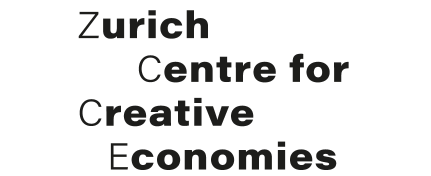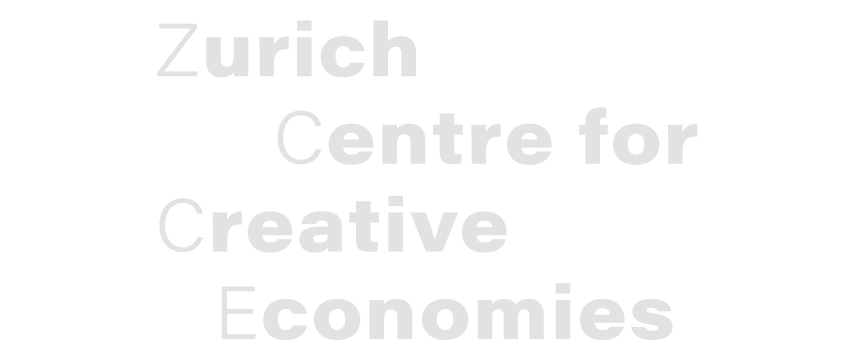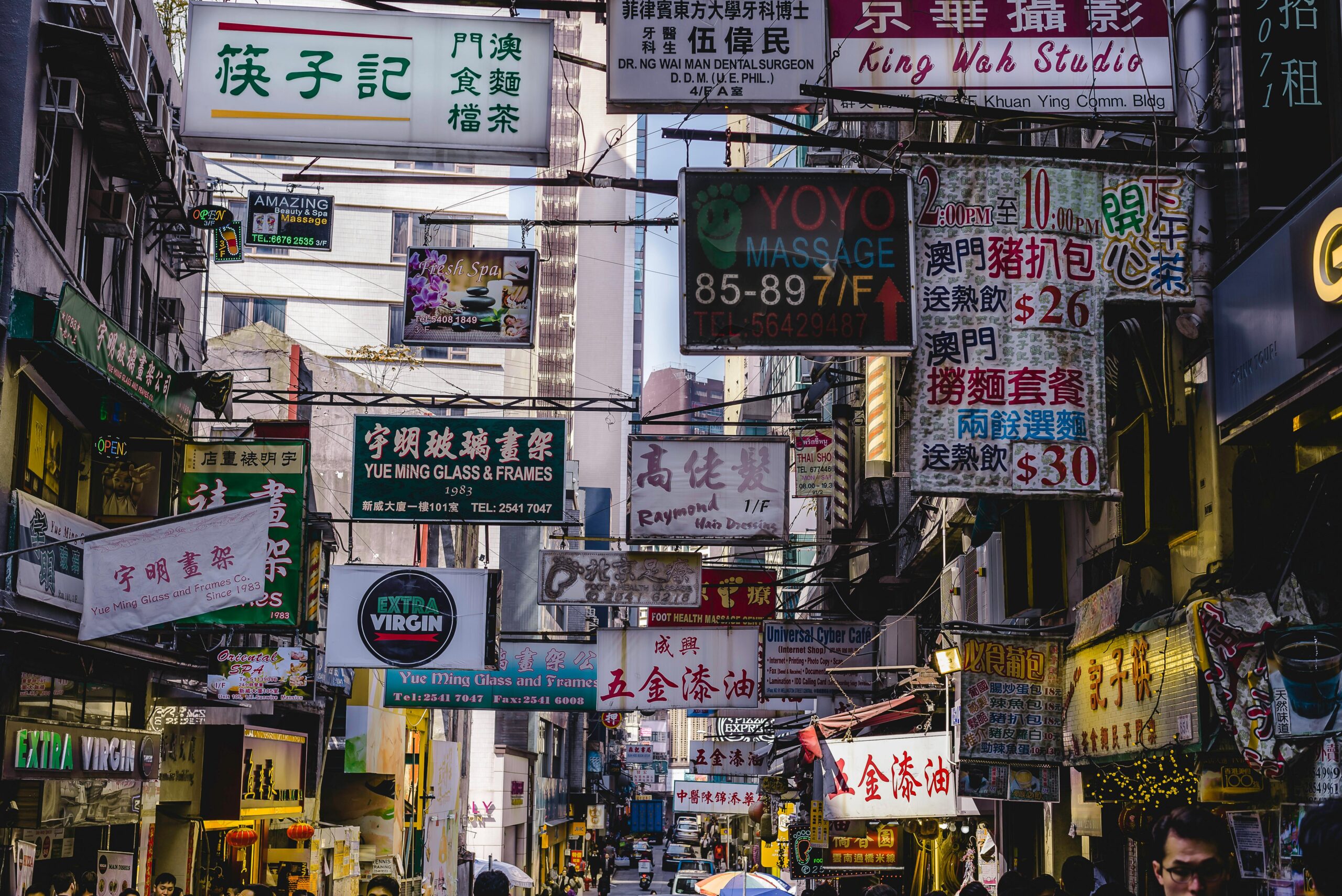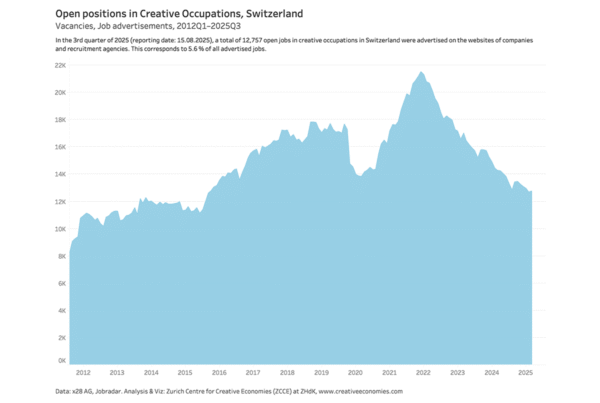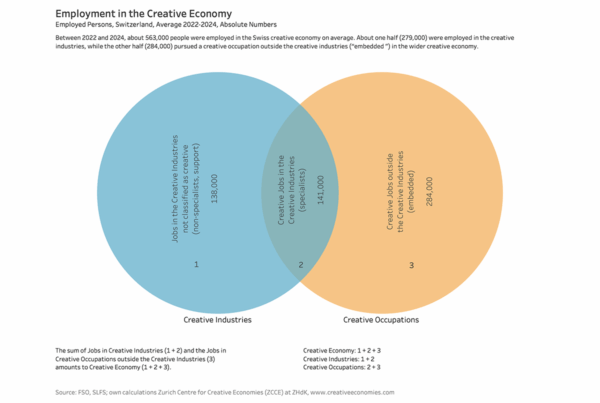The 2019 Anti-Extradition Law Amendment Bill (ELAB) Movement marked a turning point in Hong Kong’s history, sparking widespread protests and intensified control by the Chinese government. The 2020 national security law brought further suppression, triggering emigration, media shutdowns, and widespread self-censorship, especially within the creative sector. Political cartoonists and artists faced mounting pressure, with some removing critical works or ceasing production, as seen with Zunzi, a prominent figure in political cartooning.
Amid this crackdown, the 2019 protests became a showcase of creativity, particularly through political cartoons and graphic art. Unlike the physical installations of the 2014 Umbrella Movement, these visual works played a pivotal role in the decentralized protests, serving as tools for communication, mobilization, and documentation. Often labeled as “propaganda materials,” they reflected collective creativity in the absence of central leadership.
This article explores the profound impact of visual art on the Anti-ELAB protests. It examines how artists collaborated, shared resources, and embraced an “open-source” culture, leading to the rise of hybrid spaces like the Lennon Wall and a new youth-driven aesthetic. By analyzing these works, the study highlights their role in amplifying the movement’s message and fostering a powerful sense of solidarity during a defining moment in Hong Kong’s protest culture.
Commissioned by the Zurich Center for Creative Economies (ZCCE),
this study examines the impact of digital transition on arts, culture,
and creative industries. The ZCCE at Zurich University of the Arts (ZHdK)
has collaborated in the past with Hong Kong’s cultural and academic
ecosystem and is currently funded in part by the Digitalization Initiative
of the Zurich Higher Education Institutions (DIZH), which supports research
and cooperation on digitalization. Therefore, it is essential to understand
Hong Kong artists’ interactions with the digital context. Justin Wong’s work,
commissioned and supported by ZCCE/ZHdK, addresses this topic.
The Zurich Center for Creative Economies
